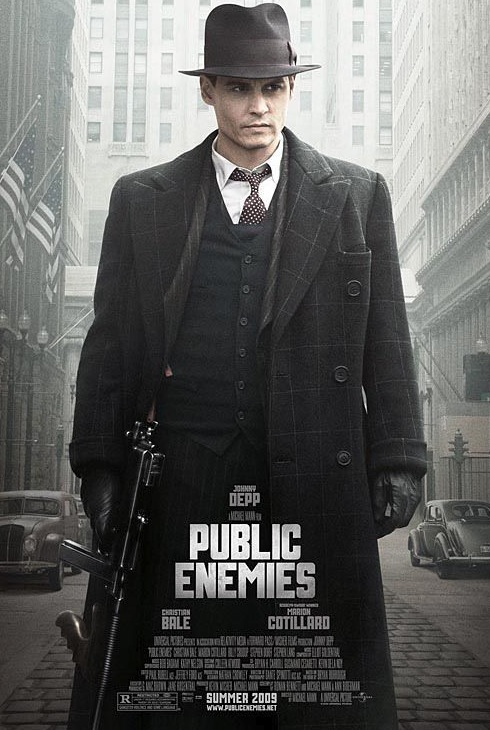Friday, July 31, 2009
Tuesday, July 28, 2009
Sunday, July 19, 2009
Saturday, July 04, 2009
The Steel Helmet, Samuel Fuller, 1951
 Put simply, no one does war better than Sam Fuller. The gritty realism, lucid detail, and abject cynicism of this Korean War yarn (newly available on DVD in Criterion's The First Films of Samuel Fuller box set) anticipate those elements' sharpening impact on the director's masterpiece, 1980's The Big Red One.
Put simply, no one does war better than Sam Fuller. The gritty realism, lucid detail, and abject cynicism of this Korean War yarn (newly available on DVD in Criterion's The First Films of Samuel Fuller box set) anticipate those elements' sharpening impact on the director's masterpiece, 1980's The Big Red One.
Friday, July 03, 2009
Surveillance, Jennifer Lynch, 2009
 Its nearly impossible to evaluate Jennifer Lynch's film without reference to its executive producer, her famous and infinitely more accomplished father, David. The director has taken many surface cues from her father's brand of nerve-rattling suspense, but misses all of the nuance, instinct, and visceral emotion of David Lynch's best work. The result is a slasher flick of the most banal variety that throws into relief the true genius of Lynch the elder.
Its nearly impossible to evaluate Jennifer Lynch's film without reference to its executive producer, her famous and infinitely more accomplished father, David. The director has taken many surface cues from her father's brand of nerve-rattling suspense, but misses all of the nuance, instinct, and visceral emotion of David Lynch's best work. The result is a slasher flick of the most banal variety that throws into relief the true genius of Lynch the elder.






